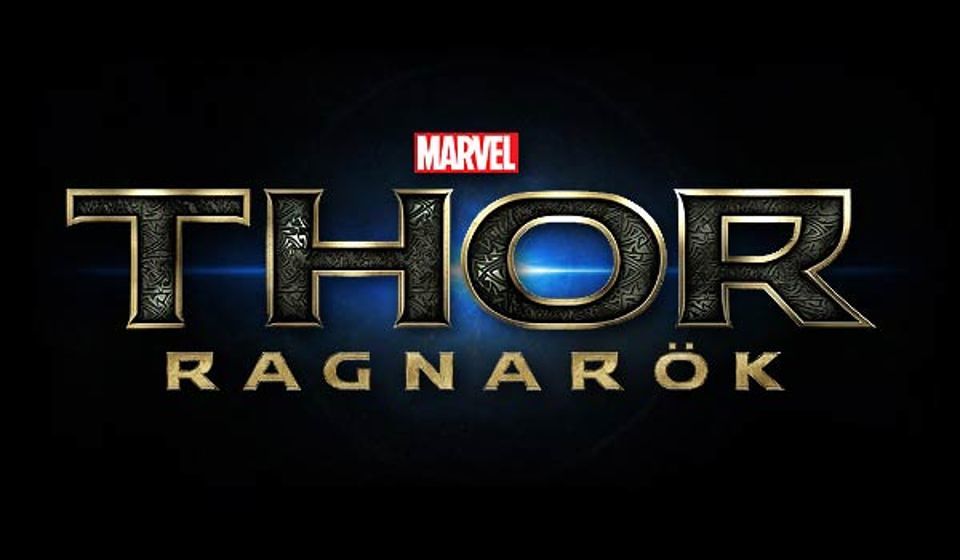

Ever since the first “Thor” film debuted six years ago, the franchise has always been the black sheep of the Marvel Cinematic Universe. “Thor” faltered in trying to combine Earth-based antics with the epic, Shakespearian-style storytelling of the Thor comics of the ’80s. The sequel, “Thor: The Dark World,” tried to add sci-fi elements to this mixture but in doing so lost the heart and humor that made the first movie somewhat enjoyable. “Thor: Ragnarok” is the first Thor movie to have a clear idea of what it wants to be, a rollicking science fiction adventure-comedy that plays up the absurdity inherent in a world of space-Vikings. Taking clear influences from “Guardians of the Galaxy,” “Ragnarok” constantly fires off jokes and action sequences, barely slowing down until the credits roll. Thankfully, unlike “Guardians of the Galaxy 2,” the jokes here are actually funny. However, while “Ragnarok” is certainly a step up from the previous “Thor” movies, some viewers might take issue with this new direction.
The movie begins by following up on the ending of “The Dark World,” with Thor (Chris Hemsworth) refusing the throne of Asgard, leaving his presumed dead brother Loki (Tom Hiddleston) to rule, disguised as their missing father, Odin (Anthony Hopkins). Meanwhile, Hela (Cate Blanchett), the Goddess of Death, marshals her troops and attacks Asgard, leaving Thor stranded on the planet of Sakaar, ruled by the Grandmaster (Jeff Goldblum). Thor is faced with the question of how to return home and save his people, in which tasks he is aided by the exiled Valkyrie (Tessa Thompson), the gladiator Korg (director Taika Waititi) and the Incredible Hulk (Mark Ruffalo), who had been MIA since 2015’s “Age of Ultron”.
From the moment Thor crash lands on Sakaar, it is clear that this is where the movie’s real heart is. The bizarre and alien landscape gives Waititi the perfect environment to pull out all the stops when it comes to humor and visuals. Overseen by Jeff Goldblum in his most “Jeff Goldblum” performance ever, the planet’s fixation on spectacle and gladiatorial fights makes for a welcome new environment for Thor and his allies to mess around in. Of course, it should go without saying that the initial meeting and bout between Thor and Hulk is both hilarious and the crowning action sequence of the film. However, this focus on Sakaar leads to Asgard feeling like something of a subplot. It takes every bit of villainy Cate Blanchett can muster to keep the Asgard scenes somewhat entertaining, but even then you find yourself wishing that the movie could just hurry on back to Sakaar.
Whenever the movie’s flaws start to show, the cast is always ready to draw your interest right back in. Chris Hemsworth has always been one of the many bright points in the Marvel Cinematic Universe and “Ragnarok” gives him plenty of opportunities to crank up the buoyant charm and silliness that seem to come to him so easily. Tom Hiddleston’s Loki is as snarky as ever, but this time he has to bear the added twist of maintaining composure while being put through a quite frankly ridiculous conga line of abuse. Hulk’s visual effects have progressed enough that Mark Ruffalo’s talent is able to shine through, even when he’s the Jolly Green Giant for most of the movie. Waititi inserts some New Zealander sense of humor through his voicing of Korg, providing “Ragnarok” with some of its best laughs. On my first viewing, I thought Tessa Thompson was a little bland as Valkyrie, but upon further reflection, I’ve come to appreciate her more subdued performance in the middle of this outlandish movie.
Paradoxically, the tone of “Ragnarok” is both its best quality and a troubling sign for the future. From a completely objective standpoint, it’s a hilarious movie with a ton of jokes that does not try to take itself seriously. In fact, the only thing it takes seriously is how unserious the whole business is. The problem comes in when what should be dramatic moments are immediately undercut by jokes that just feel wrong, or out of place. One scene in particular towards the movie’s end has incredible dramatic potential, but “Ragnarok” glosses over this in favor of setting up another joke for Korg. Really, this reflects the entire new direction of the “Thor” franchise. This was a series with some serious potential for epic cosmic adventures — Norse mythology brought to life. Instead, it’s Asgardians of the Galaxy. While I understand that the original “Thor” bungled this direction, I can’t help but feel like it was never given a real chance.
As a side note, anyone who’s a fan of the larger myth arc of the Marvel Cinematic Universe should take special care to see this movie. It changes the larger status quo of the universe more than any film since “Winter Soldier,” and I would even call it required viewing for the upcoming “Avengers: Infinity War.” Additionally, it answers several burning questions that fans have had over the past several years. Don’t forget to stay in the theater for both end credits scenes.
“Thor: Ragnarok” is the best “Thor” film yet, a perfect antidote for anyone tired of grim, dark superhero portrayals. It’s fun, wacky and funny throughout, with excellent performances and a solid joke/laugh ratio that keep you from paying to close attention to some of the film’s more glaring problems. However, while throwing off the franchise’s epic and mythological trappings may make “Ragnarok” a better movie, I don’t know if it will make for a better overall future for the God of Thunder.